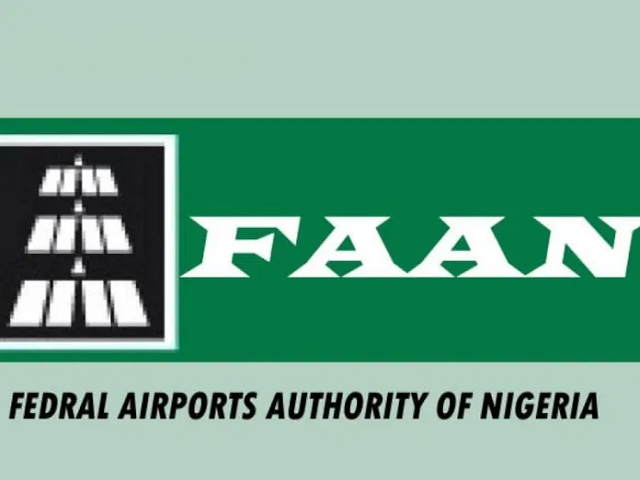Airbus (AIR.PA) has unveiled plans to set out measures that will bring it into line with a World Trade Organization ruling on subsidies for its A350 and A380 jets, a senior lawyer said on Tuesday.
The move comes after the United States won the right to seek sanctions against European Union goods following a partial victory in its 14-year legal battle against European government support for Airbus at the World Trade Organization.
The EU says it expects to strike a similar legal blow in a parallel case on U.S. support for Boeing (BA.N) later this year.
“We will be announcing this morning a complete package of measures to fully comply with last week’s ruling, putting us basically at a point where we have nothing left to answer and no sanctions possible,” Karl Hennessee, senior vice president and head of litigation at Airbus, told BBC radio’s Today programme.
Airbus shares slipped 0.3 percent, slightly underperforming the broader Paris market .FCHI.
The subsidies row coincides with transatlantic tensions over U.S. aluminium and steel tariffs, and the impact on European firms from Washington’s decision to exit an Iran nuclear pact.
It is also part of a two-way battle between the EU and the United States over aircraft subsidies that could spark tit-for-tat reprisals between the two trade superpowers.
In a rare public face-off between senior strategists in the dispute, Boeing’s chief external lawyer in the case told the same BBC programme that the U.S. would be free to target any European products, not just aerospace.
“The WTO will decide what the proper number is and … give the U.S. that authority,” Robert Novick, co-managing partner at U.S. law firm WilmerHale, told the BBC Today programme.
“In parallel, the U.S. will develop a list of products on which it might consider imposing countermeasures,” he added.
The transatlantic dispute stems from mutual claims that the world’s two largest planemakers benefited from illegal subsidies in the form of subsidised government loans to Airbus and research grants or tax breaks to Boeing.
Underscoring the cost and complexity of the case, the two sides have been arguing since 2011 about whether they complied with earlier rulings, Reuters reports.













